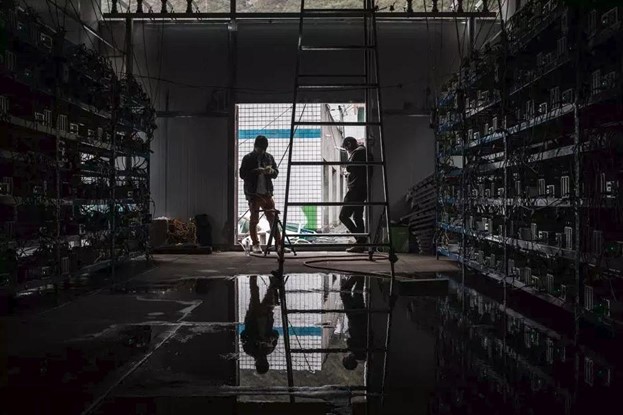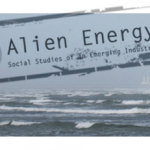Based at the IT University of Copenhagen, the section of Technologies in Practice conducts qualitative studies of technologically mediated practices in organisations and everyday life.
The vast majority of societal challenges demand critical engagement with contemporary technologies.
Our interdisciplinary environment provides students and researchers with the resources necessary for analysing entanglements of the social and technical with and through IT.
News
Launch of Alien Energy Interactive Installation
This weekend, Saturday 6th September 2014, the Alien Energy team (Laura Watts, Brit Ross Winthereik, Louise Torntoft Jensen, James Maguire and Line Thorsen) will be launching an interactive installation in Hantsholm, Northwestern Jutland, Denmark. Hantsholm is the home of the Danish Wave Energy Centre. In their own words, The installation evokes a partly invisible landscape. […]
Nordic STS
In May 2014 people from University of Gothenburg, University of Linköbing, Oslo University, Aarhus University, University of Aalborg and the IT University met. These images illustrate how ‘Nordic STS’ was discussed and performed. Enjoy!
 TiP on Mastodon
TiP on Mastodon
- UntitledSuper proud of TiP member Irina Papazu for winning the Freeman Award, with co-editor Andreas Birkbak for the book "Democratic Situations". The prize will be awarded at the #EASST4S24 conference - for mroe see here https://tip.itu.dk/2024/07/04/democratic-situations-wins-the-freeman-award/
- UntitledWondering what to go and see at 4S/EASST this year? Take a look at the TiP Panels and presentations - quick summary here. https://tip.itu.dk/2024/07/04/4s-easst-making-and-doing-transformations/ #EASST4S24
Research
We are an interdisciplinary group, with a shared interest in qualitative studies of technologically mediated practices. Our work is funded by the Danish Research Council, European Union's Horizon 2020 program, Carlsberg Foundation, Innovation Foundation, Novo Nordisk and the Velux Foundation.
Teaching
We closely integrate our role as educators with our work as a research group. Our international faculty use insights from around the world in their teaching. Our teaching draws on disciplinary backgrounds such as information studies, history, anthropology, sociology, and critical computer science. We aim to help students address the critical questions arising at the intersection of society and technology.




